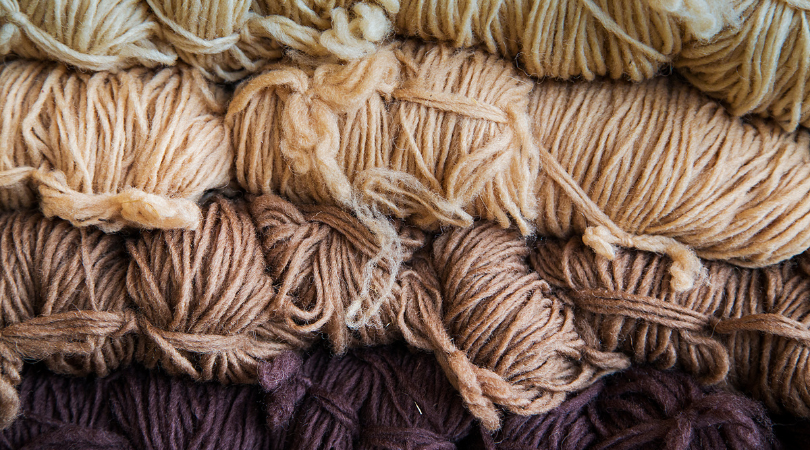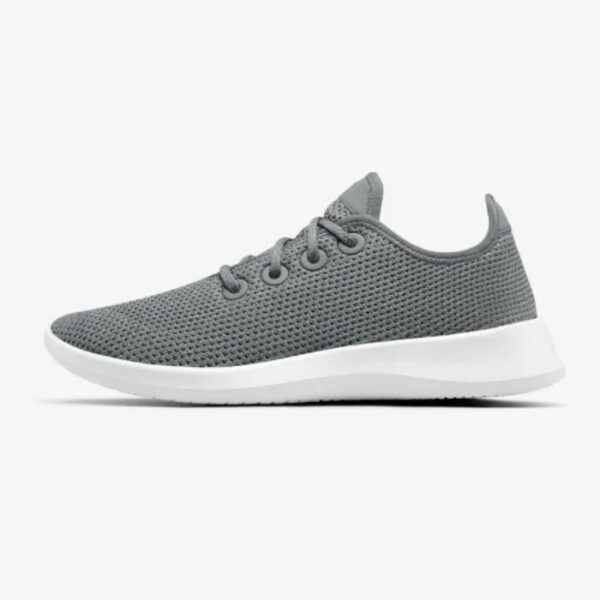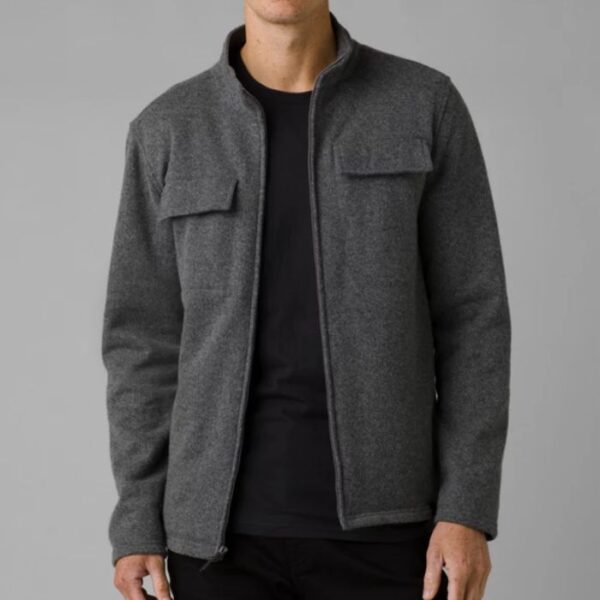Wool: The Eco-Friendly, Sustainable Fiber That Dates Back To 300 BC
In 2022, wool has woven itself -pun intended- into every aspect of our day-to-day lives. From the softest sustainable T-shirts for men and organic mattresses to eco-friendly furniture, wool fibers are well-loved in pretty much every industry. So much so that around 1.15 million kilograms of clean raw wool is produced by more than 1.18 billion sheep around the world. Unsurprisingly, Australia has the largest wool industry, producing 345 million kilos of wool every year.
With alpaca and merino wool being the top two textiles of choice, this natural, biodegradable, and resource-efficient fiber is lauded as one of the most sustainable textiles.
But how sustainable is wool exactly? Is it ethical? Can it be considered a high-performance fabric?
How Wool Is Produced/Made?
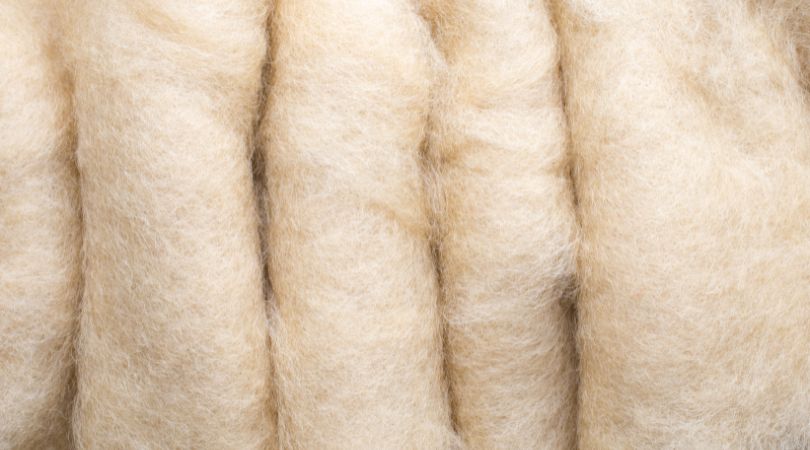
Wool dates back to 10,000 years ago. Ancient civilizations from Peru to Siberia have been taking advantage of the numerous benefits of wool to take care of their clothing, dietary, and shelter needs. While wool fibers can come from many different animals, sheep are by far the most common due to them being widely domesticated.
Sheep are typically shorn every spring and if done currently, their fleece comes off in one piece, leaving the animal unharmed during the process. Then, the fleece is collected and scoured to remove dirt and lanolin – an organic oil commonly found in skincare.
Once the first step is completed, it’s time for wool to be prepared for spinning by carding or worsting. The carding technique (aka separating fibers by pulling them apart) offers a “fluffier, warmer product because of the air pockets it creates,” according to author Melissa Kwasny. Worsting, on the other hand, straightens the fibers and is much similar to combing hair which “results in a tighter-spun thread that is more durable than woolen fabrics but not as warm.”
Then, these yarns are woven into the fabric with the help of high-speed, large horizontal looms. When the process is complete, the fabric can be dyed, brushed, etc.
Is Wool Yarn Ethical?
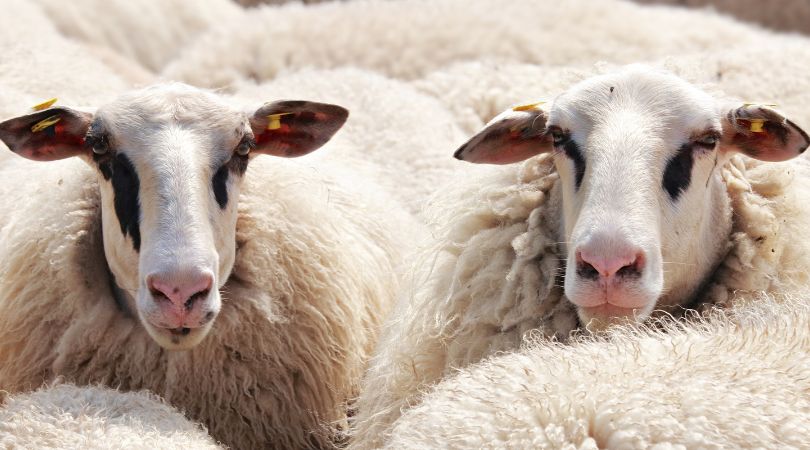
Unfortunately, not all wool is ethical. There is a procedure called “mulesing” in which sheep are forced to lie on their backs while their skin is carved in order to avoid fly-borne disease and infections. This inhumane technique is not only unethical but also highly unsustainable as sheep, more often than not, die painful deaths. Australia, which is the largest wool production industry, as we mentioned, still uses the “mulesing” method.
New Zealand is the world leader in ethical wool production with the country’s Animal Welfare Act strictly prohibiting mulesing. That’s one of the reasons why sustainable fashion brands like Allbirds choose ethically-sourced merino wool from New Zealand to create their eco-conscious sneaker collection.
Is Wool Sustainable & What Are The Benefits?
Granted, wool is by no means vegan, but it is a durable, utterly soft, and natural fiber that can relace chemical-packed fabrics like synthetic polyester and nylon which severely harm the environment – let’s not forget that 200 000 and 500 000 tonnes of microplastics from textiles enter the marine environment each year.
Wool uses fewer resources & it’s recyclable
50% of wool’s carbon footprint comes from the animals themselves while most other eco-friendly fibers release the most emissions during the production process. In fact, is only second to hemp; that’s low its carbon footprint and energy consumption really are. So as long as sheep are walking this earth, humans will be able to ethically produce wool, which makes it a renewable material and also one of the most recycled fibers in the world.
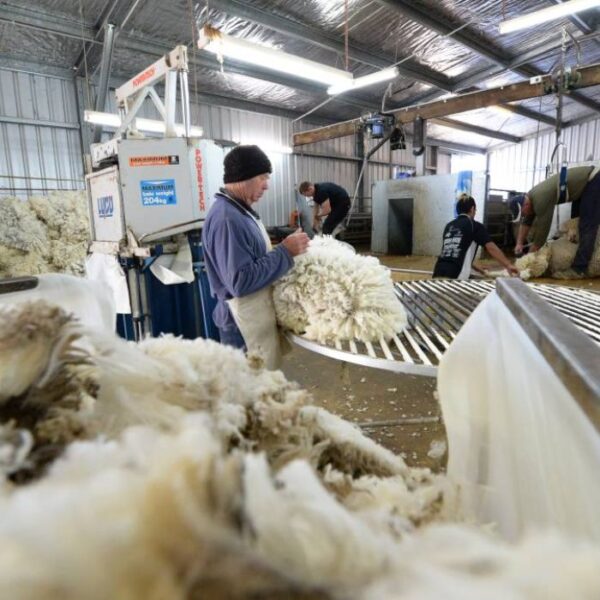
Wool fabric is fully biodegradable
Much like Tencel Lyocell, wool is fully biodegradable. The latter is a completely natural product and thus it can break down quickly, feeding much-needed nutrients to the soil without polluting the water bodies with synthetics.
Nonetheless, many wool textiles do contain harmful chemical dyes that can harm the environment, especially in countries with no regulations. Also, if you notice the phrases “SUPERWASH”, know that this piece was treated so that it can be machine-washed. This means that it’s not only contaminated with toxic chemicals but it is also no longer biodegradable.
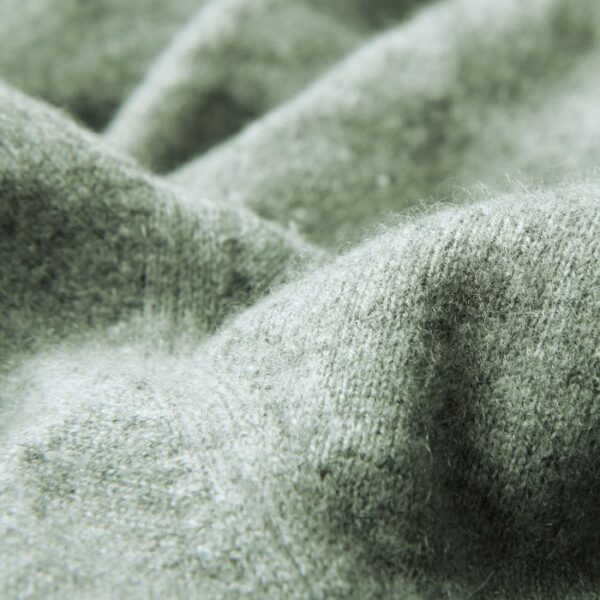
Wool is considered a high-performing fabric
Is wool sustainable in terms of longevity? The answer is yes! Woll is touted as one of the most durable fabrics that resist deterioration. In fact, wool fiber can bend an incredible 20,000 times before it breaks. This aspect alone makes wool a fantastic choice for furniture, clothing, and pretty much everything else that can be found in a household.
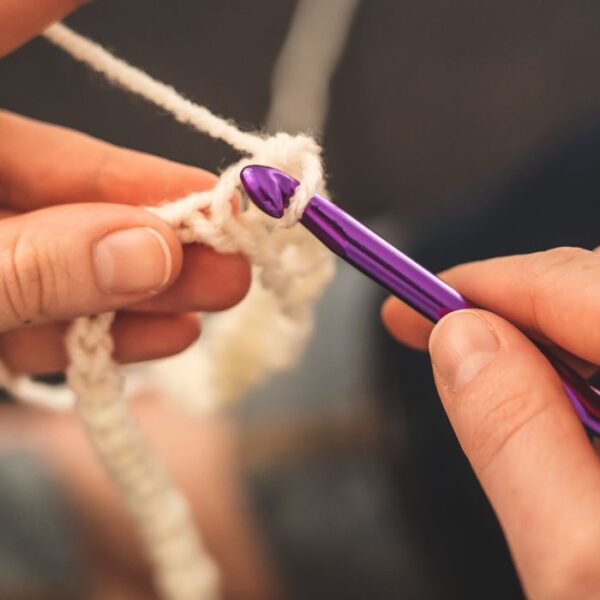
Wool’s thermoregulation
Wool is known for absorbing perspiration into the heart of its fiber, which helps keep dry air right next to the skin. Its heat-trapping powers make it a fantastic choice for sustainable, recyclable insulation and of course, clothing. So basically, wool will keep you warm when it’s cold outside and cool when the temperatures rise.
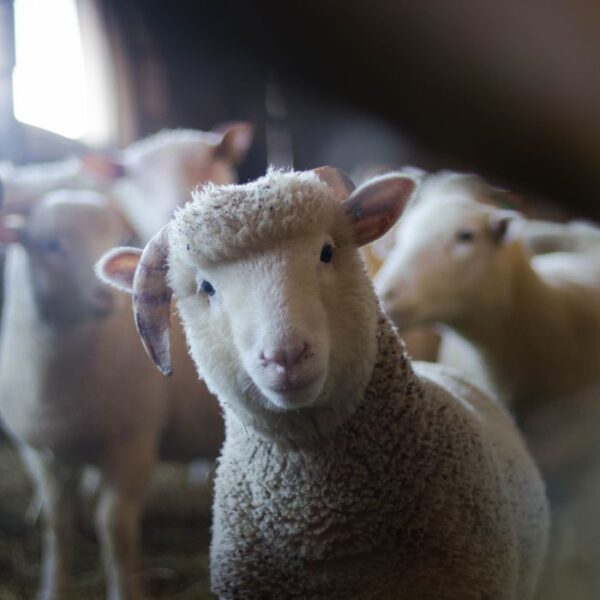
Brands With Ethical & Sustainable Wool Clothing For Men
Allbirds
Price Range: $12-$135 Sustainable Materials: FSC-certified TENCEL™ Lyocell, FSC-certified natural rubber ZQ merino wool
Allbirds crafts ethical and sustainable shoes with recycled and natural materials men swear by. Apart from the cult-favorite, runner-approved eco sneakers, The B-corp also carries an array of Eco-Friendly Men’s Activewear. 100% of Allbirds’ wool comes from regenerative sources and the brand uses as much renewable energy as possible in their owned & operated facilities.
PrAna
Price Range:$29 – $109 Sustainable Materials: Recycled Nylon, Recycled Polyester, Recycled Wool, Recycled Cotton, Organic Cotton, Organic Hemp
Prana is a fantastic Sustainable Alternative to Lululemon with eco-conscious and ethical staples for men. From Recycled Wool sweater jackets to all-occasions-appropriate shirt jackets and basics, the brand thrives on creating Fair Trade, industrial-style aesthetic pieces with sustainability and performance features that will stay in your wardrobe for years to come.
In Conclusion: Is Wool Sustainable?
While the wool industry has been guilty of using inhumane practices in the name of fashion, ethical wool is sustainable, resource-efficient, biodegradable, and incredibly long-lasting. Ultimately, everything comes down to the collection process and whether or not chemicals, in the forms or dyes or finishes, were used to create a certain piece of clothing.
It would be best to trust brands that are 100% transparent when it comes to the origin of their fibers. But overall, wool is a sustainable fabric that deserves a place in your eco-consious, all-year-round arsenal.


About Author
Konstantina Antoniadou
Freelance sustainability and fashion writer with an ongoing curiosity to explore new innovative technologies, and report on trends in “green” industries.

